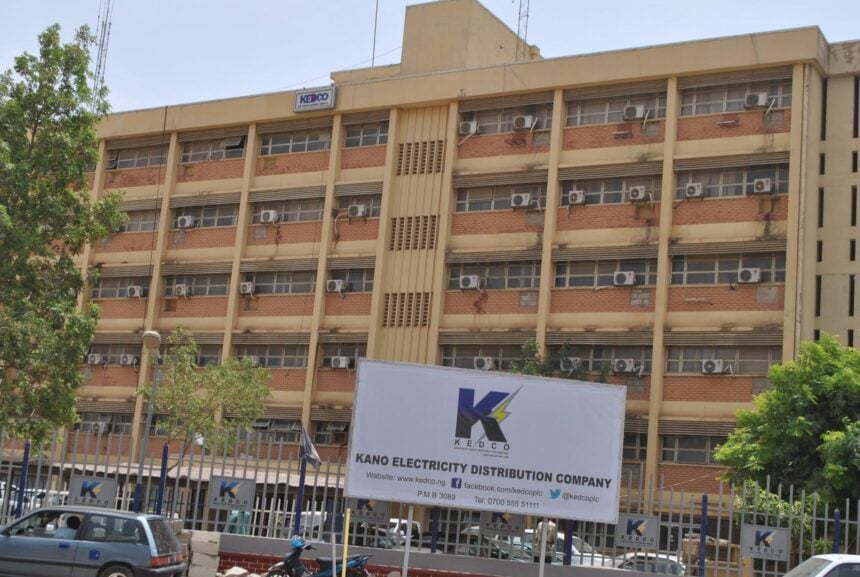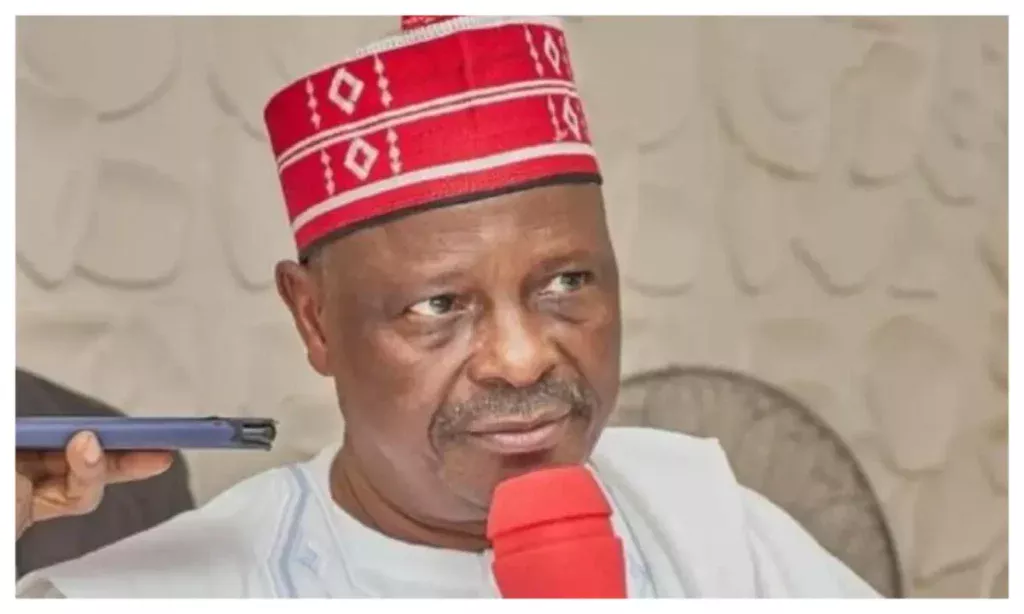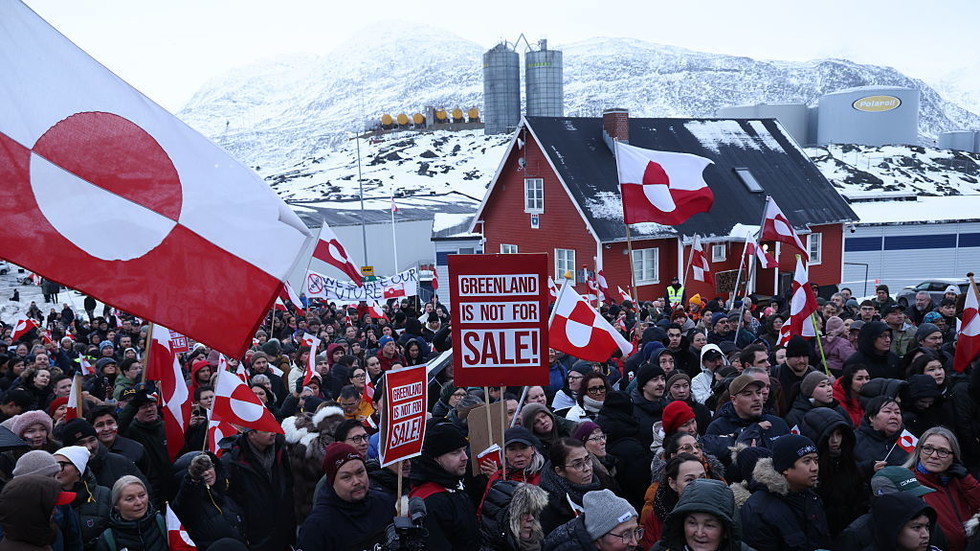In a recent survey conducted by Media Talk Africa, major political parties in South Africa were asked about their plans to address food security in the country. With approximately 12% of South African households experiencing hunger, the issue of food insecurity is a pressing concern that needs to be addressed.
The Democratic Alliance (DA) highlighted their commitment to eradicating hunger and malnutrition by expanding the basket of essential food items exempt from Value Added Tax (VAT). They also emphasized the importance of promoting food gardens to empower communities and utilizing food hubs to reduce food insecurity and malnutrition.
The Economic Freedom Fighters (EFF) outlined a comprehensive plan to boost domestic food production, prioritize small-scale farmers, and establish state-led vertical farming initiatives. They also stressed the importance of data collection systems, health screenings for food insecurity, and the establishment of a state-owned food stocking company.
The Inkatha Freedom Party (IFP) focused on exempting staple foods from VAT and supporting small to medium-sized farming as a core strategy to address food insecurity. They also proposed a SASSA voucher program to provide food relief to vulnerable families.
The Freedom Front Plus (FF Plus) highlighted the importance of sustainable agriculture and fisheries, tariff protection, investment in agricultural research, disaster relief, and combating desertification to ensure food supply in the country.
ActionSA emphasized the introduction of a tiered Universal Basic Income Support (UBIS) program and partnerships with food producers, retailers, and food banks to increase access to nutritional food for those struggling with food insecurity.
The Patriotic Alliance (PA) proposed the establishment of food banks for the most vulnerable as a solution to food insecurity in the country.
RISE Mzansi outlined a plan that includes government income grants, food vouchers, increased access to piped water in rural areas, land for food production, and community small-scale farming to address food security issues.
When asked about improving national school feeding programs, parties like the DA, EFF, IFP, and ActionSA shared their strategies to ensure adequate funding, efficient procurement, and nutrition programs for learners. They also highlighted the importance of decentralization, oversight, and training for food handlers.
Regarding the introduction of feeding programs in early childhood development centers, parties like the EFF, IFP, ActionSA, and RISE Mzansi expressed their support for expanding access to ECD programs and ensuring proper nutrition for young children.
Overall, the responses from the political parties reflect a commitment to addressing food security issues in South Africa through a combination of policy interventions, support for small-scale farmers, and initiatives to ensure access to nutritious food for all citizens.



